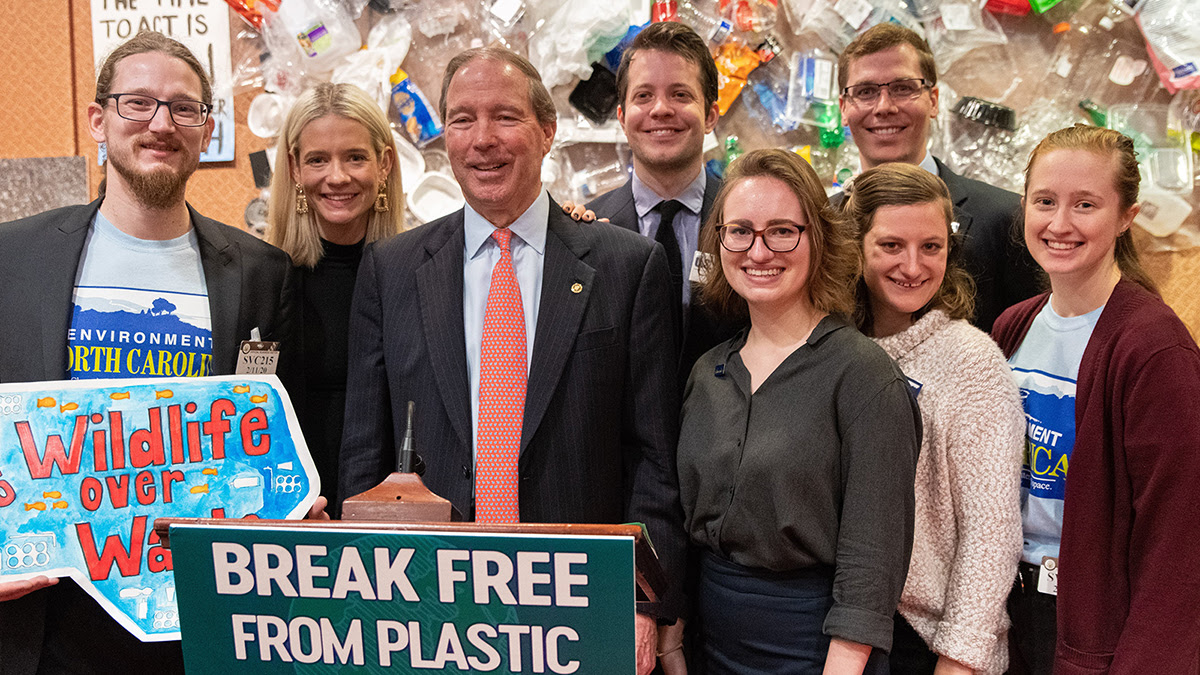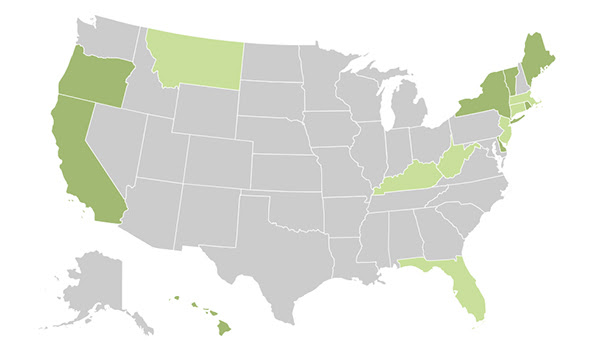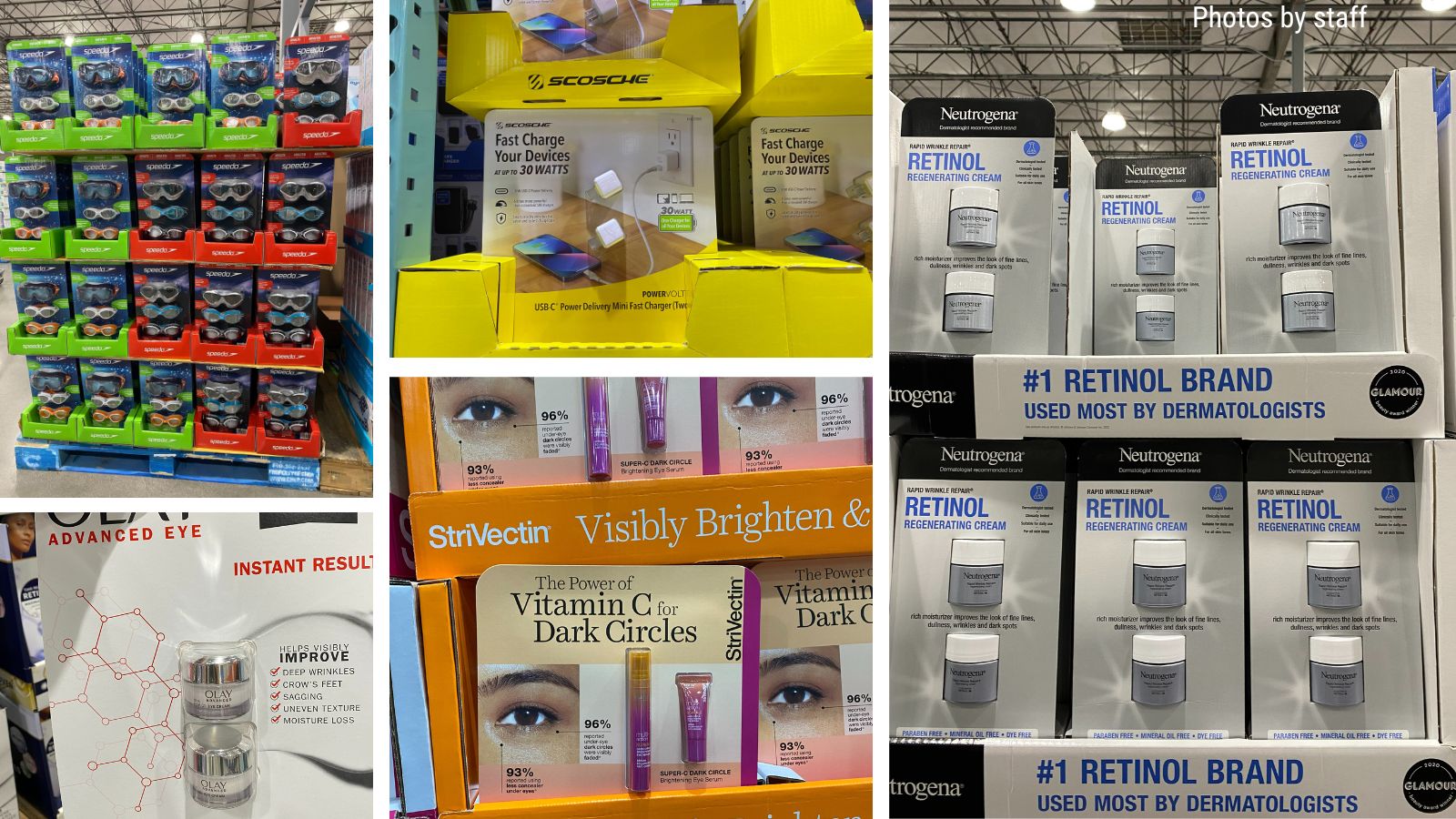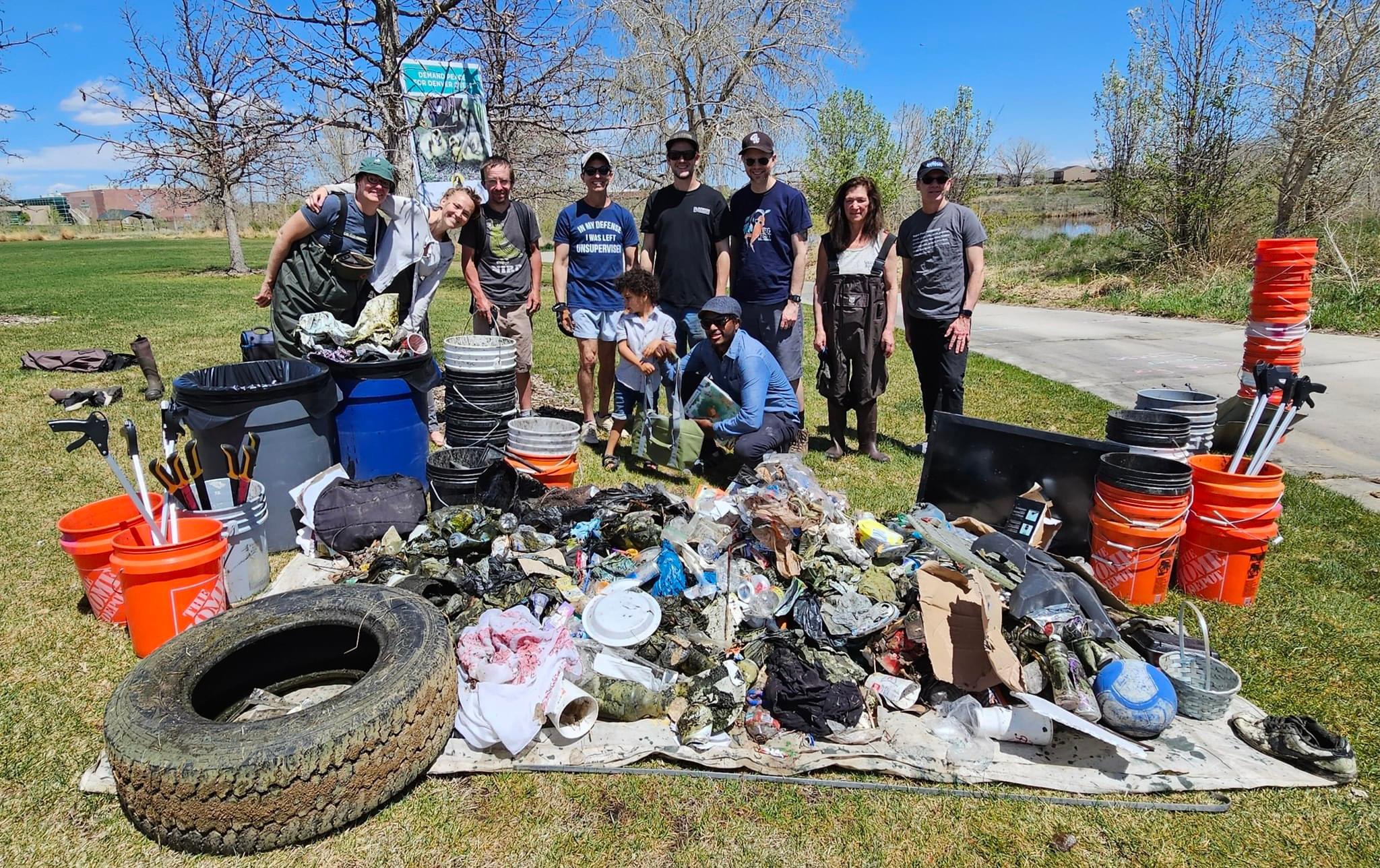The Countdown to Zero Waste – February Update
Our country has a waste problem. It's time for new solutions and a renewed commitment to move toward zero waste. PIRG and Environment America's advocates, organizers and members are promoting ways to reduce what we consume, reuse what we can, and recycle the rest.

Our country has a waste problem. It’s time for new solutions and a renewed commitment to move toward zero waste. PIRG and Environment America’s advocates, organizers and members are promoting ways to reduce what we consume, reuse what we can, and recycle the rest.

New federal bill calls for U.S. to move beyond plastic
Addressing our plastic pollution problem means stemming the flow of plastic into our communities, landfills and environment.
On Feb. 11, U.S. Sen. Tom Udall (N.M.) and U.S. Rep. Alan Lowenthal (Calif.) introduced legislation that would re-envision how we handle our plastic waste. The first measure outlined in the proposed Break Free From Plastic Act is simple: make less of it. The legislation would phase out unnecessary single-use plastics, which commonly end up clogging our landfills and polluting our environment.
The legislation also provides funding for recycling and composting infrastructure, and would shift the financial burden of managing waste and recyclables from town and city governments to the manufacturers.
“We’re inundated by plastic pollution, and yet we continue to make more each year,” said Alex Truelove, Zero Waste campaign director with U.S. PIRG. “Finally, we have a federal bill that offers real solutions, drawing from successful ordinances across the globe.”
Photo: Sen. Tom Udall (center left) is joined by Environment North Carolina’s Jean-Luc Duvall, Environment Colorado’s Hannah Collazo, PIRG’s Alex Truelove, Environment America’s Kelsey Lamp, Environment America’s Bart Johnsen-Harris, Environment America’s Claudia Bergen and Environment America’s Marion Kinosian (from left to right) to introduce the Break Free From Plastic Act on Feb. 11. Credit: T.J. O’Neill
UCLA commits to plan that will cut back on single-use plastic

The University of California, Los Angeles decided on Jan. 24 to grapple with the plastic waste crisis head-on.
Beginning in July 2020, UCLA, one of the nation’s largest universities, will phase out plastic utensils, cup lids, bowls, plastic bags and other “food accessory” items at its campus restaurants. The university plans to extend the policy to dining halls, events and departmental meetings in the future as part of its efforts to scale back its plastic waste.
In her lifetime, CALPIRG Students UCLA Chapter Chair Sithara Menon has seen a dramatic increase in the amount of plastic littering the beaches of Southern California.
“My generation is concerned about the immense amount of plastic ending up in our waterways and ocean and its impact on marine life,” said Menon. “That’s why I’m excited that UCLA is taking action to mitigate plastic pollution.”
CALPIRG Students played a pivotal role in organizing support for the decision, gathering more than 1,900 student signatures in favor.
Photo: Students from CALPIRG’s UCLA campus chapter applaud the university for its commitment to phase out single-use plastics at an event with university officials on Jan. 24. Credit: Staff
Which states will take the next step to zero waste?
Keep up to date on the latest plastics bans at our website. Check it out.

Oregon’s bag ban goes into effect

In Oregon, as the new year came in, single-use plastic bags were out.
Oregon’s statewide ban on single-use plastic carryout bags took effect on Jan. 1. The law — which passed in June 2019 and made Oregon the sixth state in the country to enact such a ban — prohibits single-use plastic grocery bags and requires a 5-cent fee on paper bags. Environment Oregon celebrated the new law on its first day with state officials, along with members of Oregon Surfrider Foundation and Oceana.
“We’ve known for decades that plastic pollution is harming wildlife. Oregonians who have spent years among our rivers, ocean and beaches have all witnessed the changes to these wild spaces,” wrote Environment Oregon State Director Celeste Meiffren-Swango in The Oregonian. “Ditching single-use bags is only the first step. Ultimately, we need to drastically reduce the amount of waste that ends up in the landfill and in our natural environment.”
Photo: Environment Oregon celebrated the new law on its first day with state Reps. Carla Piluso and Janeen Sollman, state Sen. Mark Hass, Beaverton Mayor Denny Doyle, Commissioner Pam Treece, and members of Oregon Surfrider Foundation and Oceana. Credit: Staff
Baltimore’s plastic bag ban becomes law

In a victory for Maryland’s communities and environment, Mayor Jack Young has signed Baltimore’s ban on plastic bags.
The new citywide ban prevents retailers across the city from handing out single-use plastic bags at checkout. Beginning in 2021, grocery and retail store customers can bring their own reusable bags or purchase a non-plastic bag for five cents. The motion promises to reduce the amount of plastic waste littering Baltimore’s streets and polluting the Chesapeake Bay.
Maryland PIRG advocates and volunteers have backed the ban since its introduction and have worked to ensure the bill’s passage in the strongest form possible.
“[This is a] big win to protect our environment and reduce litter and waste in our communities,” said Maryland PIRG Director Emily Scarr in a tweet after the City Council approved the bill on Nov. 18.
Now, Maryland PIRG is working with coalition partners and Delegate Brooke Lierman to build support for a statewide ban on plastic bags.
Photo: Maryland PIRG State Director Emily Scarr (right) and Councilman Bill Henry (left), who sponsored the bill, celebrate passage of the bag ban out of the City Council on Nov. 18. Credit: Staff
Philadelphia becomes the latest city to get rid of plastic bags

With the signature of Mayor Jim Kenney, Philadelphia has now joined the growing ranks of American cities that have decided the age of the plastic bag must come to a close — at least within city limits.
On Dec. 12, the Philadelphia City Council passed legislation to ban single-use plastic bags after nearly a decade of debate on how to address the city’s pollution and litter problems. The bill was signed shortly thereafter by Mayor Kenney, and will go into effect on July 2, 2020.
The law sets strong standards for ending the sale and distribution of single-use plastic bags at Philadelphia grocery stores, pharmacies and corner stores.
Plastic bags are among the most pervasive plastic items straining the nation’s overtaxed landfills and polluting the environment — Americans throw away more than 100 billion plastic grocery bags every year. The new ordinance promises to help reduce the amount of plastic garbage that Philadelphians have to process.
Photo: PennEnvironment Advocate Stephanie Wein talks to a radio reporter about the Philadelphia bag ban. Credit: Staff
In the news
Bill targets single-use plastics in push to make manufacturers responsible, The Hill, 2/10/2020
Federal Bill Seeks to Make Companies Responsible for Plastic Waste, The New York Times, 2/10/2020
Topics
Authors
Alex Truelove
Find Out More

Costco should stop supersizing wasteful packaging

Lessons from waterway clean up events

Ditch plastic packaging: Shop at your local refillery


